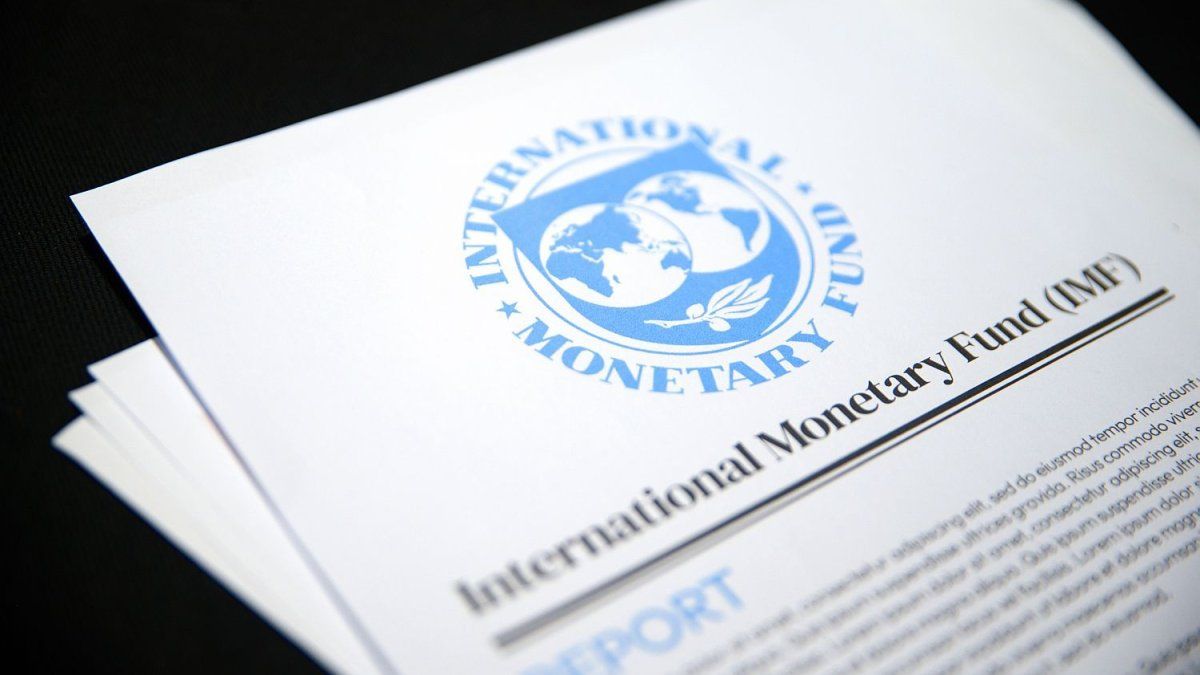The elongated elevation is characterized by the loess soil. A fertile mixed soil made of sand, clay, gravel and, above all, lime. Loess is the favorite soil for Grüner Veltliner. When it rains, the water is stored like a sponge in order to supply the vines with moisture in dry periods.
At home in Oberstockstall, the visionary winemaker Karl Fritsch decided 25 years ago to convert the entire business to biodynamic farming. It starts with the vineyards: only naturally refined nutrients from our own compost management are brought into these during the growth phase.
In the ripening phase, various tea preparations such as chamomile, nettle, horn and horn pebbles are used in coordination with the phases of the moon. Most of the work in the vineyard is done by hand. Harvesting machines are not allowed in there.
The grapes are then picked by hand for further careful processing in the cellar. After the gentle pressing and must clarification, the naturally occurring spontaneous yeasts can do their job. To promote the aromas, the young wines are finally stored on the fine lees for a few months. Wines of the highest quality and independence are therefore bottled.
The Wagramer region wines are classic terroir wines. Full-bodied, with the best balance of acid, body (extract) and alcohol. On top of that there are wines from the top locations Steinberg and Schlossberg (Grüner and Roter Veltliner), as well as Mordthal as Riesling, to the delight of culinary enjoyment. These products prove time and again that Karl Fritsch’s strategy deserves the greatest respect and recognition.
Source: Nachrichten




